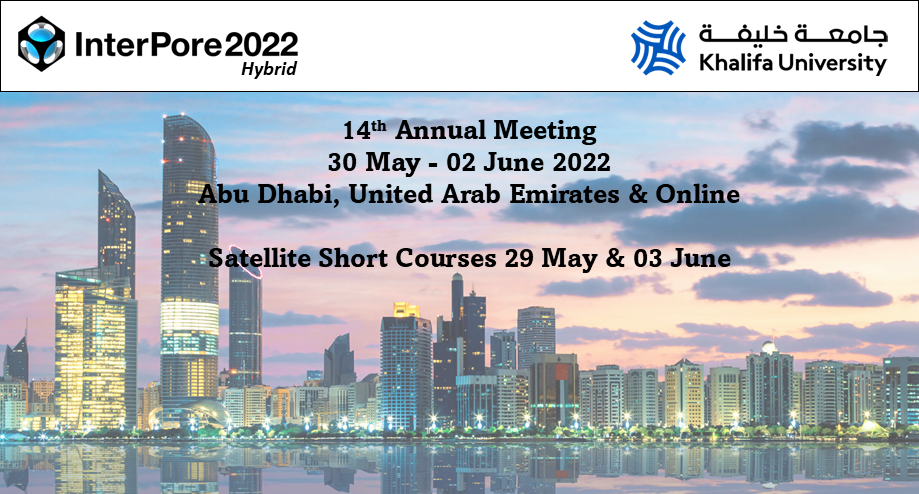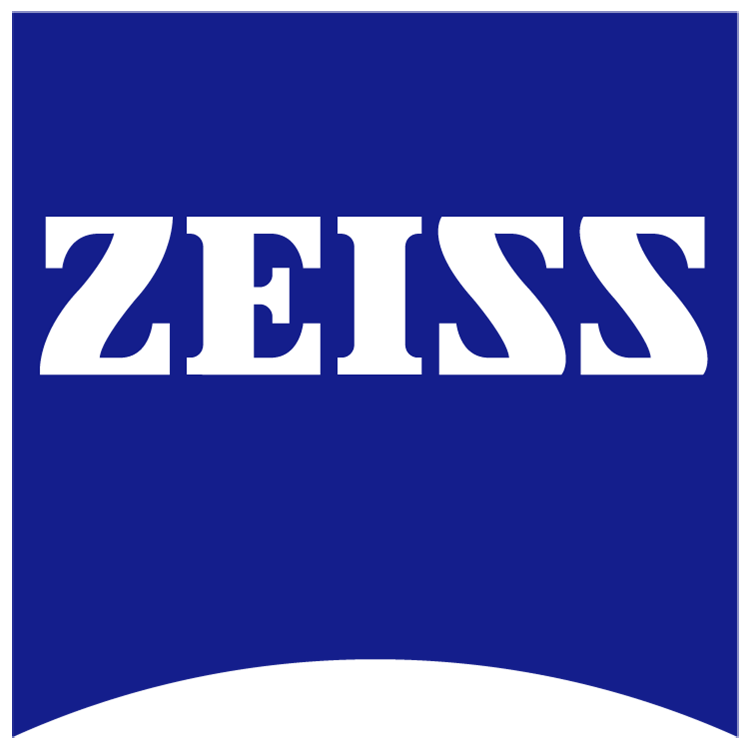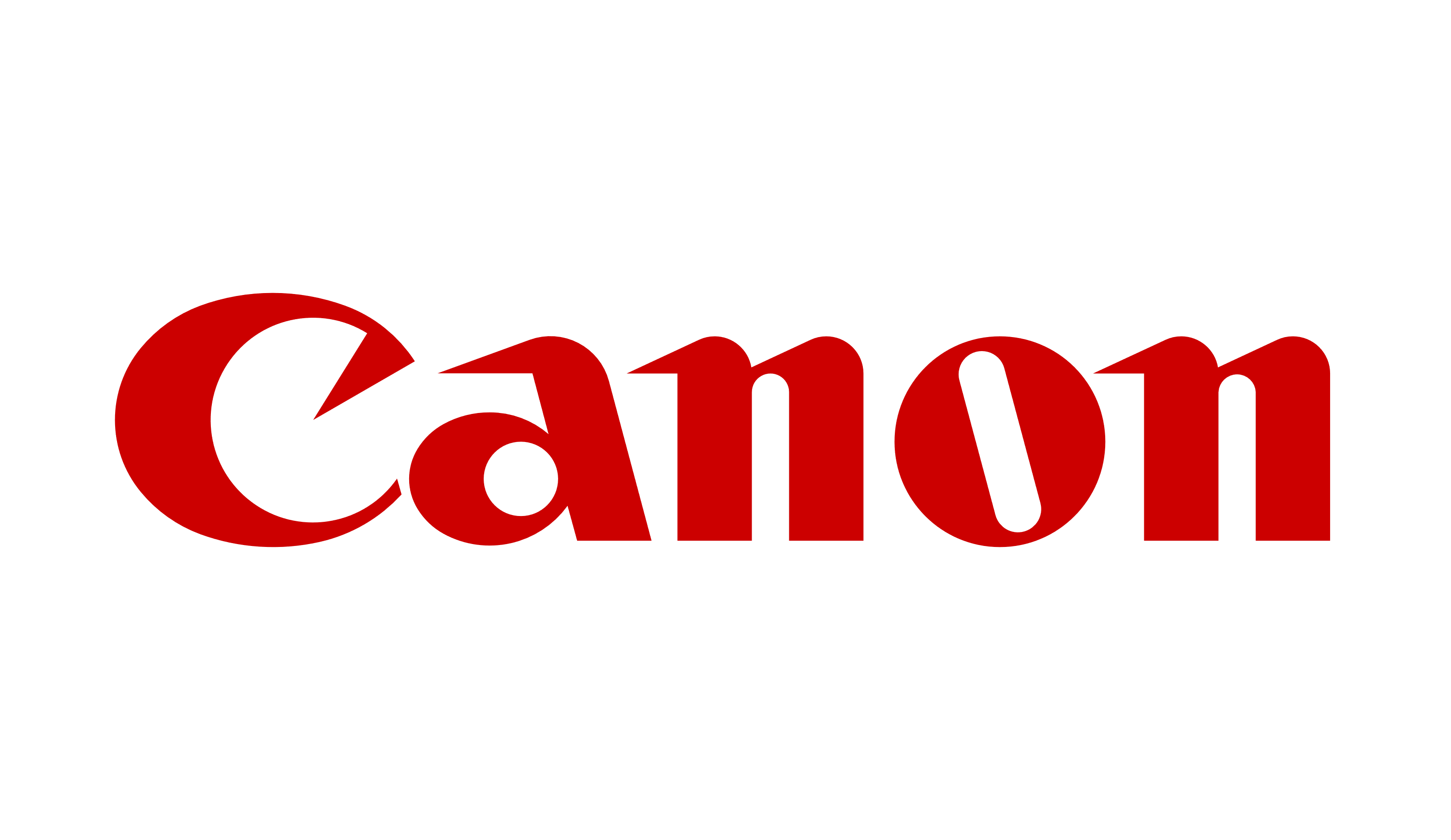Speaker
Description
Spontaneous imbibition is an important mechanism of improving oil recovery in tight reservoir. Oil-water contact angle is one of the most important factors affecting spontaneous imbibition process, but the dynamic change of contact angle during imbibition is ignored in most studies. Considering the dynamic change of contact angle, the flow equation for the oil-water spontaneous imbibition with dynamic contact angle in a capillary is derived, and the flow velocity, imbibition distance and capillary pressure during the spontaneous imbibition process are characterized. Then, based on fractal theory, a capillary bundle model was constructed by using the porosity, pore distribution function in a tight sandstone core. A core-scale mathematical model for the oil-water spontaneous imbibition with dynamic contact angle in a tight sandstone core is developed. The effects of contact angle, fluid viscosity and surface tension on quantity of flow during the spontaneous imbibition process are studied and validated with simulation data and experimental data from the literature. The results show that the fluid flow can increase the contact angle and reduce capillary pressure. The imbibition flow calculated by the model is smaller than that calculated by L-W model. a relatively good match in imbibition profiles obtained by the mathematical model with dynamic contact angle and experiments at the long stage of air-water spontaneous imbibition. This study may thus provide new insights into studying the oil-water flow in tight reservoirs.
| Participation | Online |
|---|---|
| Country | China |
| MDPI Energies Student Poster Award | Yes, I would like to submit this presentation into the student poster award. |
| Time Block Preference | Time Block A (09:00-12:00 CET) |
| Acceptance of the Terms & Conditions | Click here to agree |









